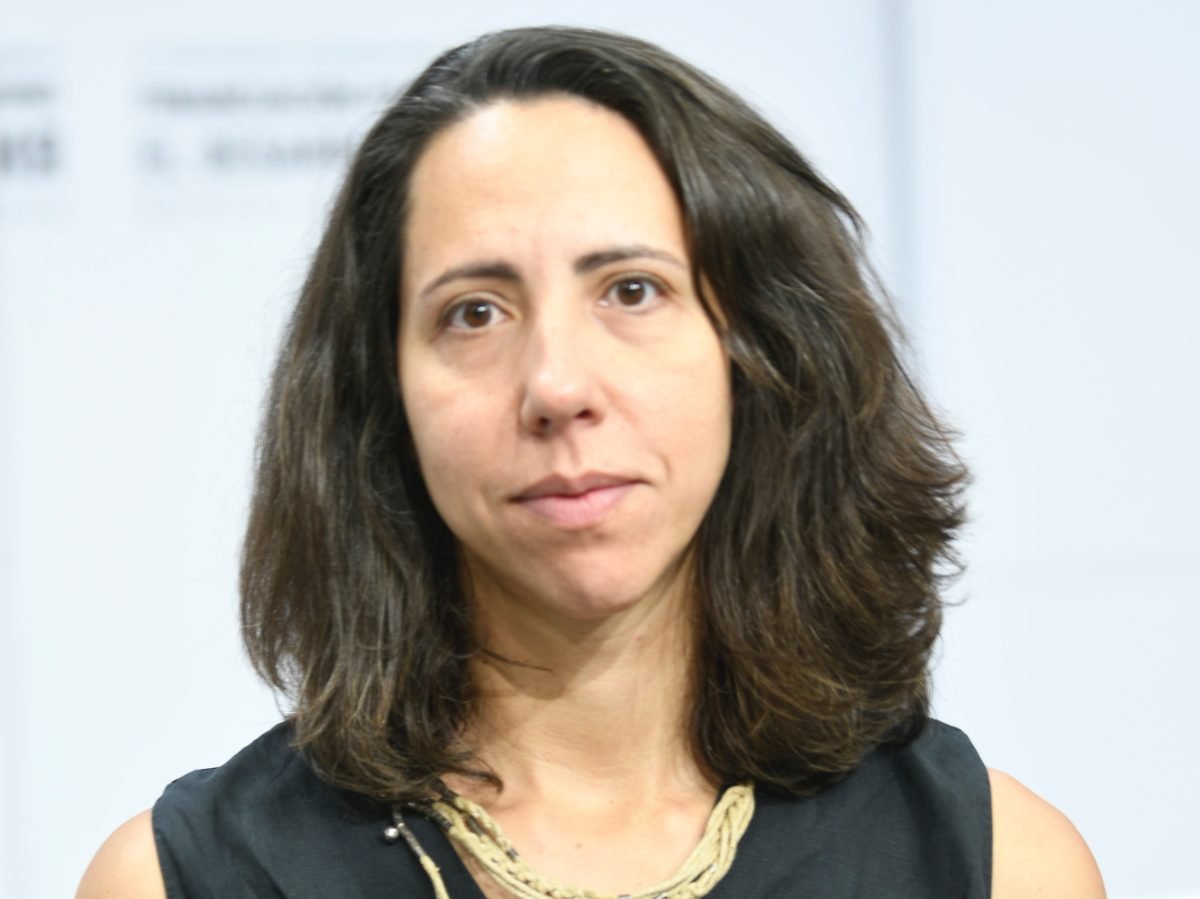The Open Society Foundations’ director of economic and climate prosperity says that capital flows from developing countries to the wealthier world are evidence of a “broken” international finance system in need of major reform.
Talking at the 4th International Conference on Financing for Development (FfD4) in Seville, Spain, economist Laura Carvalho, also co-founder and director of the Research Center on Macroeconomics of Inequalities at the University of São Paulo, says that the dire financing situation facing the developing world calls for new solutions, including domestic resource mobilisation and global tax cooperation.
“Not only are we talking about cuts and stagnation in assistance and the reduction in aid, but also – even before that – countries in the Global South have been transferring resources to the Global North through debt service payments, through capital flight, through profits that go away from these countries, through illicit financial flows.
“This is a moment that is very difficult for development finance and for countries that lack the resources to not only fulfil their immediate, urgent social and economic needs, but also to engage in a longer-term agenda.”
“And in moments of crisis, capital outflows from developing countries actually are higher than what these countries receive in development assistance or aid or loans. It shows the system is broken. It’s not just a short-term problem. It’s a system that is not working. And that calls for new types of solutions.”
Mobilisation and cooperation
Rio de Janeiro-based Carvalho, who has worked with the George Soros-funded Open Society Foundations since 2022, said that domestic resource mobilisation will be essential to help less economically developed countries raise capital. Raising taxes and encouraging the growth of domestic pension funds that invest locally are some of the ways in which African countries can boost resource mobilisation. But Carvalho insisted that only limited gains will be made without sweeping international agreements on taxation given that current rules benefit wealthier nations.
“This is a moment that calls for domestic resource mobilisation. But this does not mean that countries do not need to co-operate. Because, for example, if we take the taxation agenda, which is a very important agenda in the outcomes document of the FfD4, it’s one of the agendas where there is important progress on language, on the global asset registry idea that has to do with information sharing between countries, on assets that can help close tax loopholes.”
Speaking at the same conference, economist Joseph Stiglitz said that a G7 deal to exempt US multinationals from a global minimum tax was a major retreat for global tax cooperation.
Progress on tax?
But elsewhere there appears to be progress. Ahead of the Seville conference, countries agreed to a set of broad commitments to reform the global financial system and increase development capital flows to Africa and other regions.
The Compromiso de Sevilla (the “Seville Commitment”) was the product of months of fraught negotiations and was only concluded after the United States walked out of the process entirely.
It commits countries to “take concrete actions to enhance fiscal space, address debt challenges of developing countries and lower the cost of capital. It adds that signatories “will provide and mobilise additional, innovative, adequate, affordable, predictable, and accessible financing from all sources, recognising the comparative advantages of public and private finance.”
Carvalho hopes that the commitment – and ongoing efforts to negotiate a new UN Framework Convention on International Tax Cooperation – will help to prepare the ground for future progress.
“There is important progress on the UN Tax Convention and what it can produce in terms of tax incorporations. The Compromiso de Seville actually makes good progress on tax. But tax, of course, is an agenda that has both domestic and international ramifications.”
Want to continue reading? Subscribe today.
You've read all your free articles for this month! Subscribe now to enjoy full access to our content.
Digital Monthly
£8.00 / month
Receive full unlimited access to our articles, opinions, podcasts and more.
Digital Yearly
£70.00 / year
Our best value offer - save £26 and gain access to all of our digital content for an entire year!

 Sign in with Google
Sign in with Google 



